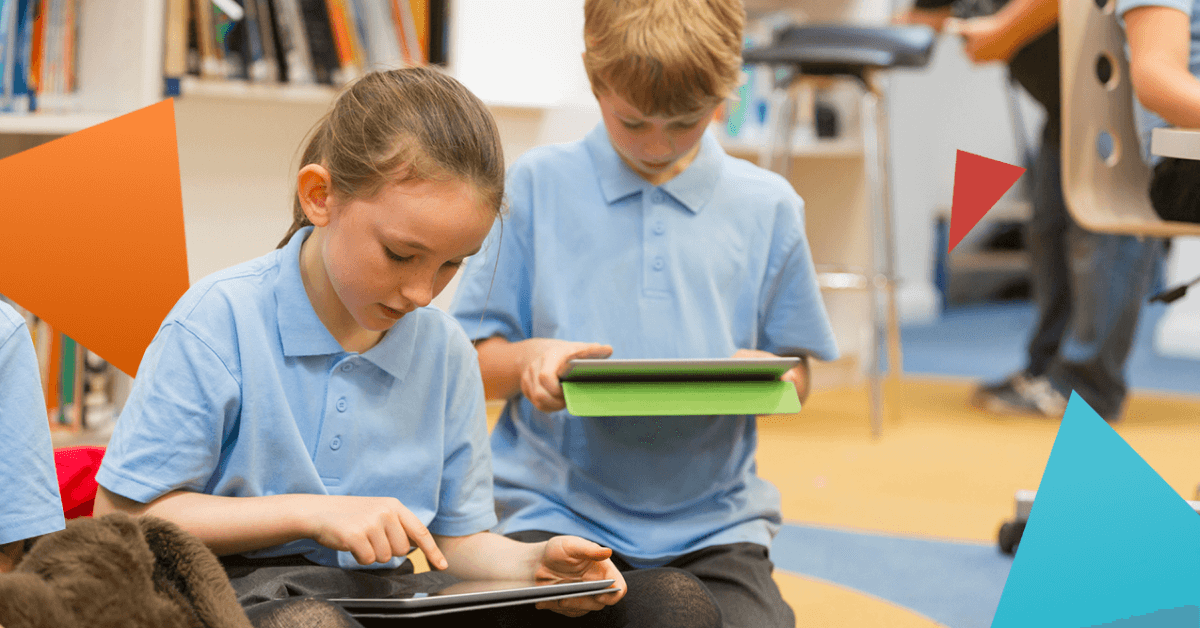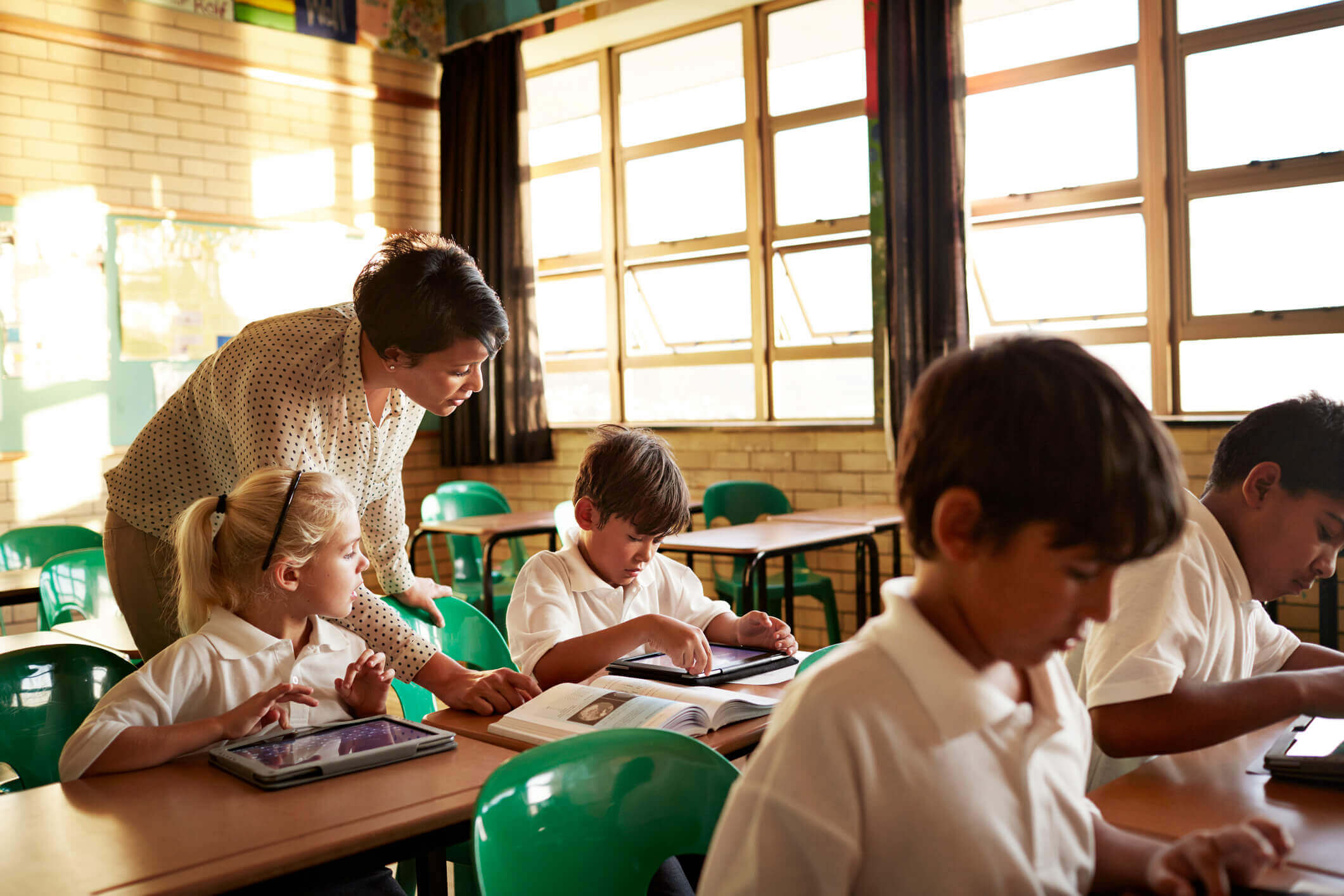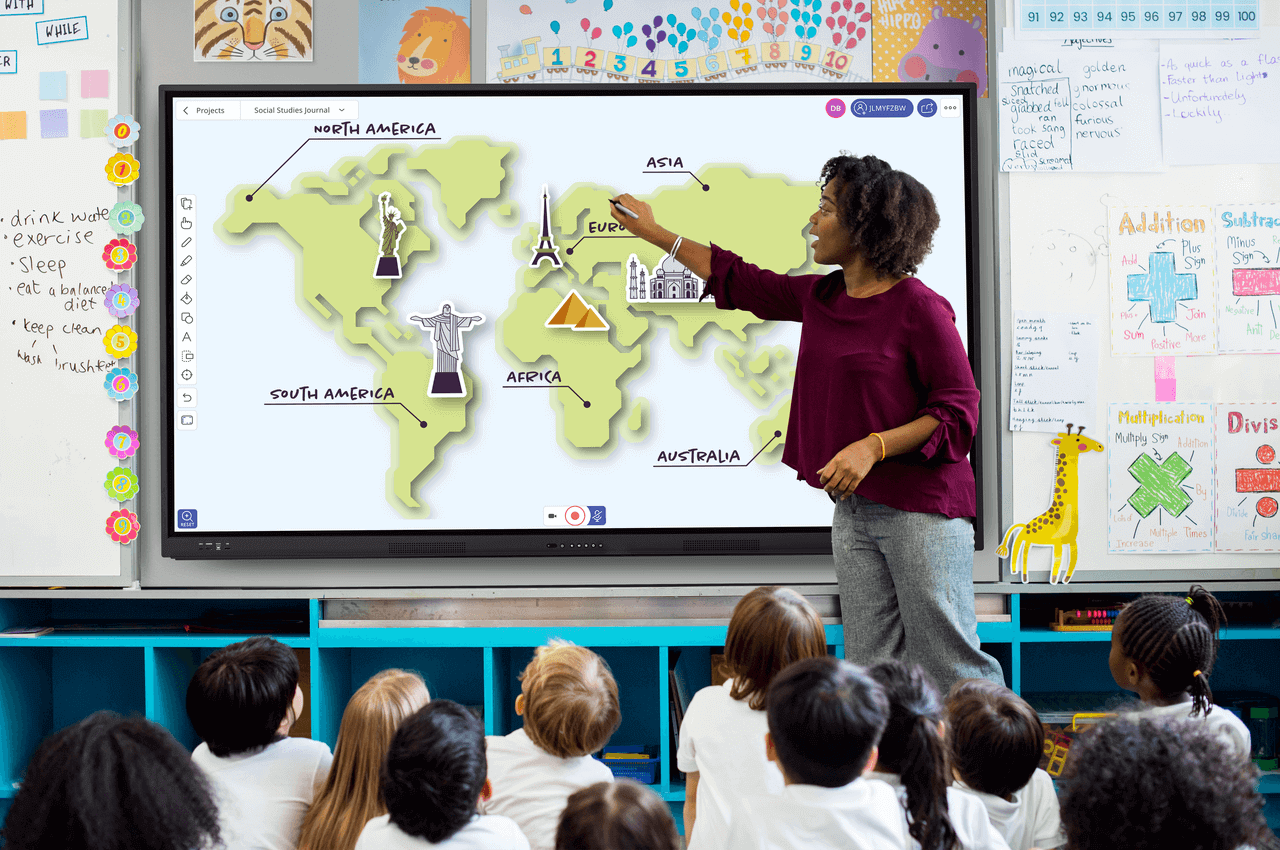Published on October 26th, 2022
The benefits of experiential learning for Special Educational Needs (SEN) students
5 minute read

Students with special educational needs (SEN) represented 12.6% of the total student population in England as of January 2022, according to the U.K. Government, so it’s an important responsibility for teachers to ensure their classroom experience is inclusive.
Many of the traditional instructional methods, which rely on students taking notes from a teacher at the front, are less effective for SEN students. However, experiential learning is a particularly useful alternative teaching approach for this group of students. It’s based on the idea that students learn best by doing, rather than reading or writing about a concept. Activities are structured around experimentation and reflective learning, which students find liberating. Here’s why experiential learning benefits SEN students, and how edtech can help teachers target these outcomes.
How does experiential learning benefit Special Educational Needs (SEN) students?
Some SEN students, such as those with dyslexia, can struggle with conventional literacy skills. This can make them feel isolated within the classroom and detached from their learning. But with the experiential approach, practical-based activities allow them to engage and participate non-verbally. At the same time as lowering these barriers, SEN students can also build their confidence in communication and interaction.
Experiential learning helps SEN students find a way of learning and expression that suits them. This builds on the principles of personalised learning, with the emphasis on hands-on experimentation that encourages diverse ways of interpreting and understanding a concept or skill. Students find the openness of this approach less challenging than the rigidity of conventional learning methods that prescribe one way of tackling a problem.
The reflective learning component is equally valuable. Time to process the activity and content helps students feel less overwhelmed or overstimulated, addressing strengths, weaknesses and outcomes in a more manageable way. This helps SEN students find a rate and pace of learning that suits them, even if it is different from their peers.
How can edtech help?
Education technology motivates student engagement across all learners and is an effective way of creating experiential learning activities that support Special Educational Needs. It’s standard for apps, tools and websites to be designed with accessibility features, a clean user experience and intuitive interfaces. SEN students can therefore find edtech tools easier to use and work from than non-digital methods.
These devices support hands-on experiences for SEN students, particularly through the simplicity of touch control as a single, straightforward method of interaction. This efficiency also helps to improve students’ digital confidence and proficiency, while facilitating their learning. A tool like the ActivPanel comes with advanced Vellum technology which means the touchscreen is precise, yet natural to use. The front-of-class display can be used to provide immersive experiences that capture students’ attention through rich sensory stimulation, while the large format benefits those who might feel restricted working from a book or on a page.
Edtech is also versatile and adaptable, making it well-suited to the breadth of experimentation within experiential learning. Tablet devices are both portable and able to be connected to a central classroom device like a front-of-class display. Edtech can expand students’ creativity with a wider scope for drawing, designing and virtual modelling – all without the need for using lots of physical resources or materials.
Discover more of the ways the ActivPanel is designed to support SEN students by watching our video on special educational brilliance.
Do you want to learn more about experiential learning? Check out some additional resources below!
• Using edtech for immersive learning experiences
• Experiential learning for differentiated students
• Experiential learning ideas for each subject




